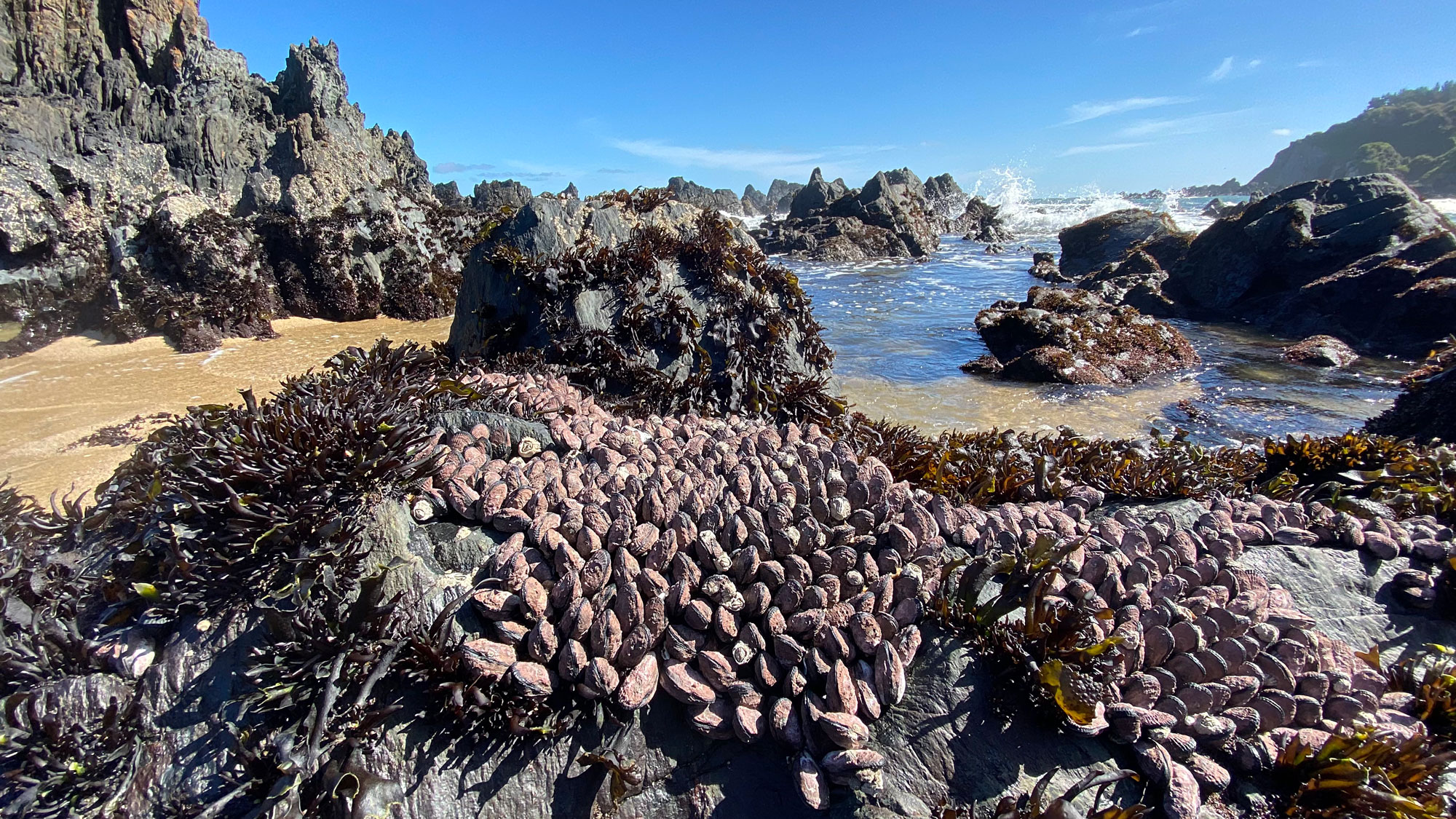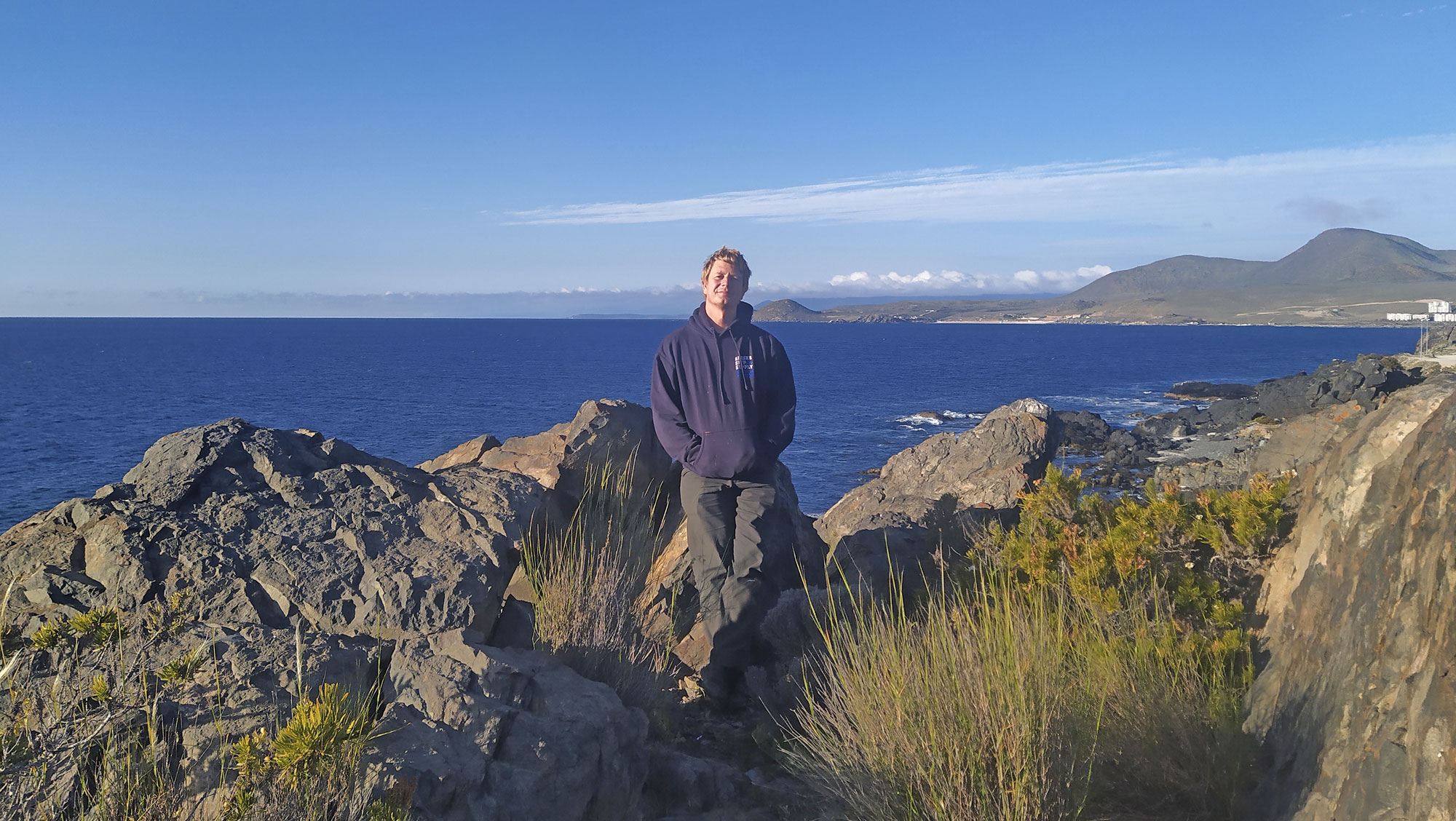This article has been reposted from UConn Today. Read the original here
October 12, 2023 | Elaina Hancock - UConn Communications
Snap Shot: How Will Organisms Adapt to Climate Change?
A UConn Marine Sciences researcher is spending time in Chile studying an important forage fish, and how this vital part of the food chain will adapt to a changing climate

The world’s oceans have experienced record heat in 2023. With rising temperatures and increasing acidification, we don’t yet know the full extent these changes will have on marine ecosystems.
UConn Department of Marine Sciences Associate Professor Hannes Baumann studies fish, including important forage fishes such as sand lance and silverside, to see how they adapt to changes in environmental conditions. Many species are already adapted to temperature gradients that exist across latitudes on Earth, and Baumann believes that from these patterns, we can learn how fish may adapt to climate change – in time. This so-called “Space-for-Time” approach is one tool scientists use to predict the long-term consequences of climate change.
As part of his post-doctoral work, Baumann experimentally found similar climate adaptation patterns in Atlantic and Pacific silversides. He suspects that a higher-order relationship exists between the strength of adaptation and the strength of the underlying climate gradient.
Now, with a grant from the National Science Foundation, Baumann has the opportunity to return to and expand his study of silversides to a South Pacific species and study how they are adapted to their coastal latitudinal temperature gradient.
“We are hoping the prove the validity of a principle of evolutionary adaptation for the Southern Hemisphere. It will then allow us to compare and integrate the patterns with the silverside species from the Northern Hemisphere, which evolutionary ecologists have been studying for decades already,” says Baumann.
After a two-week proof-of-concept trip to Chile in the Fall of 2022, Baumann established connections with local fishermen and colleagues at the Universidad de Concepcion in Dichato, Chile.
“To get spawning fish, we visit fish markets – called here caletas de pescadores – and first establish a connection to those who make a living catching silversides (“pejerrey del mar”). We’re making friends to explain our unusual request to accompany a fisherman during the night. This is the best method to make sure that the eggs get fully fertilized," he says.
In the Summer of 2023, Baumann began his yearlong sabbatical and has now moved to Chile for five months to begin the main experimental work on Chilean silversides, their adaptations, and the strength of those adaptations to underlying climate change.
